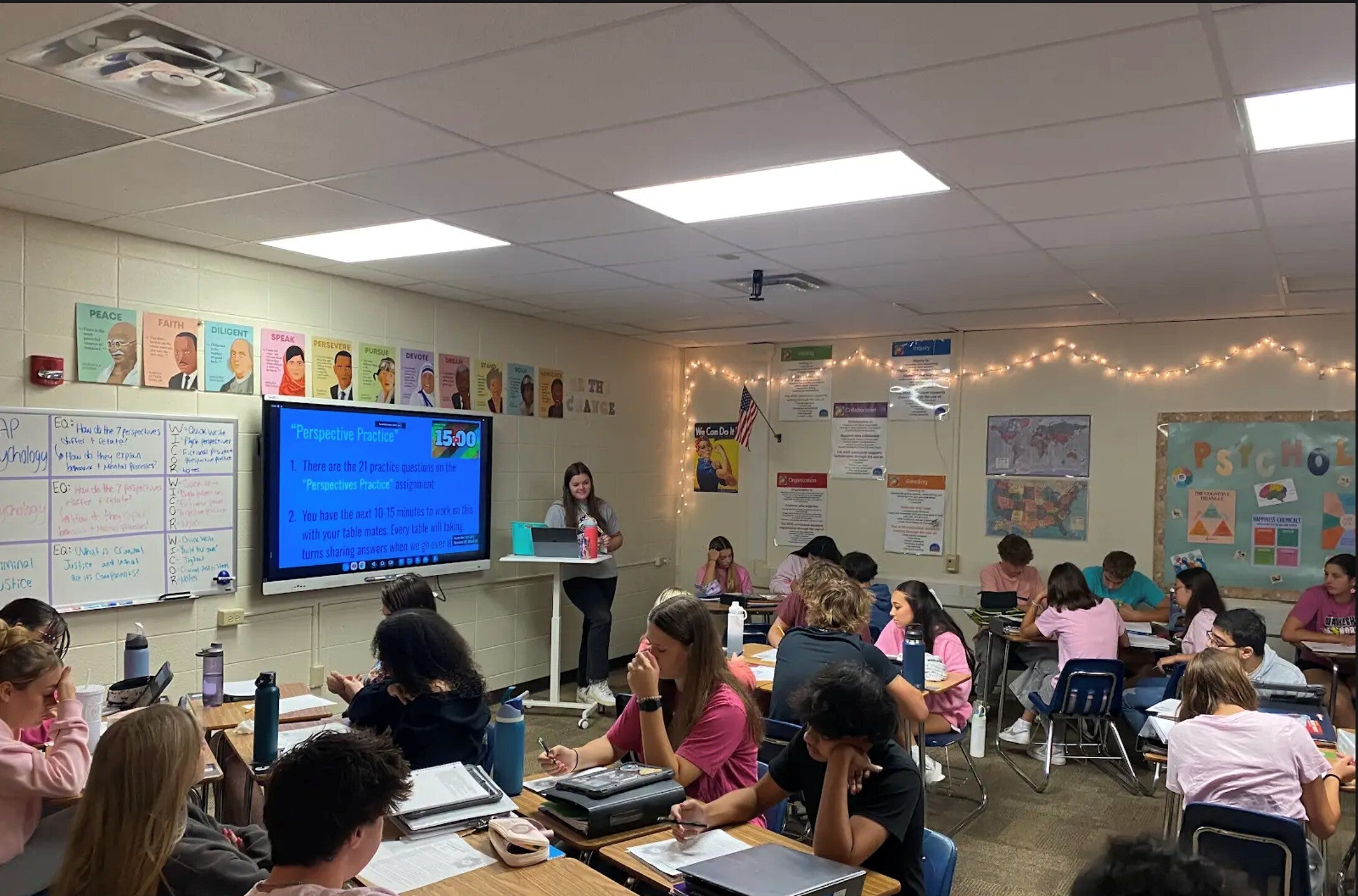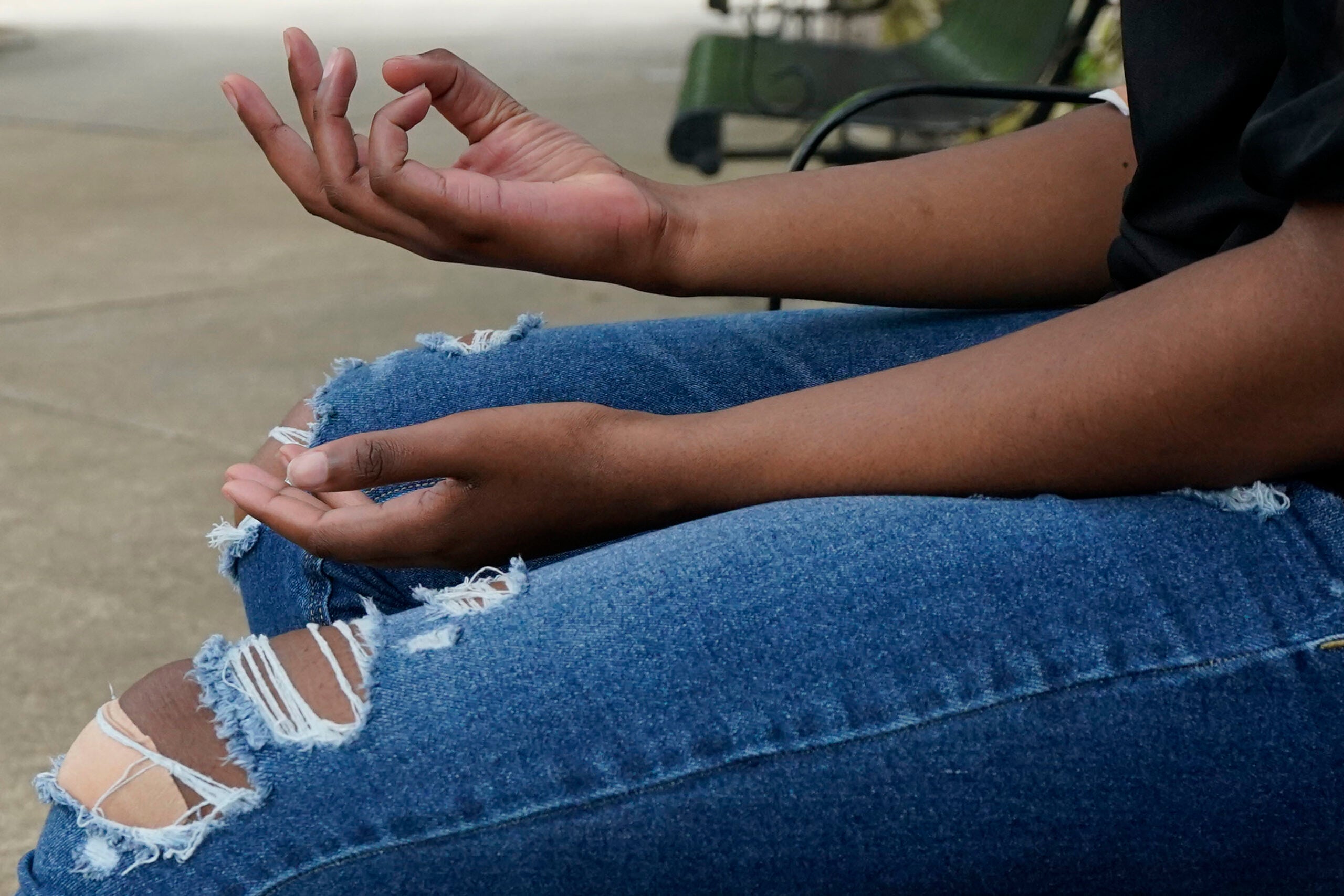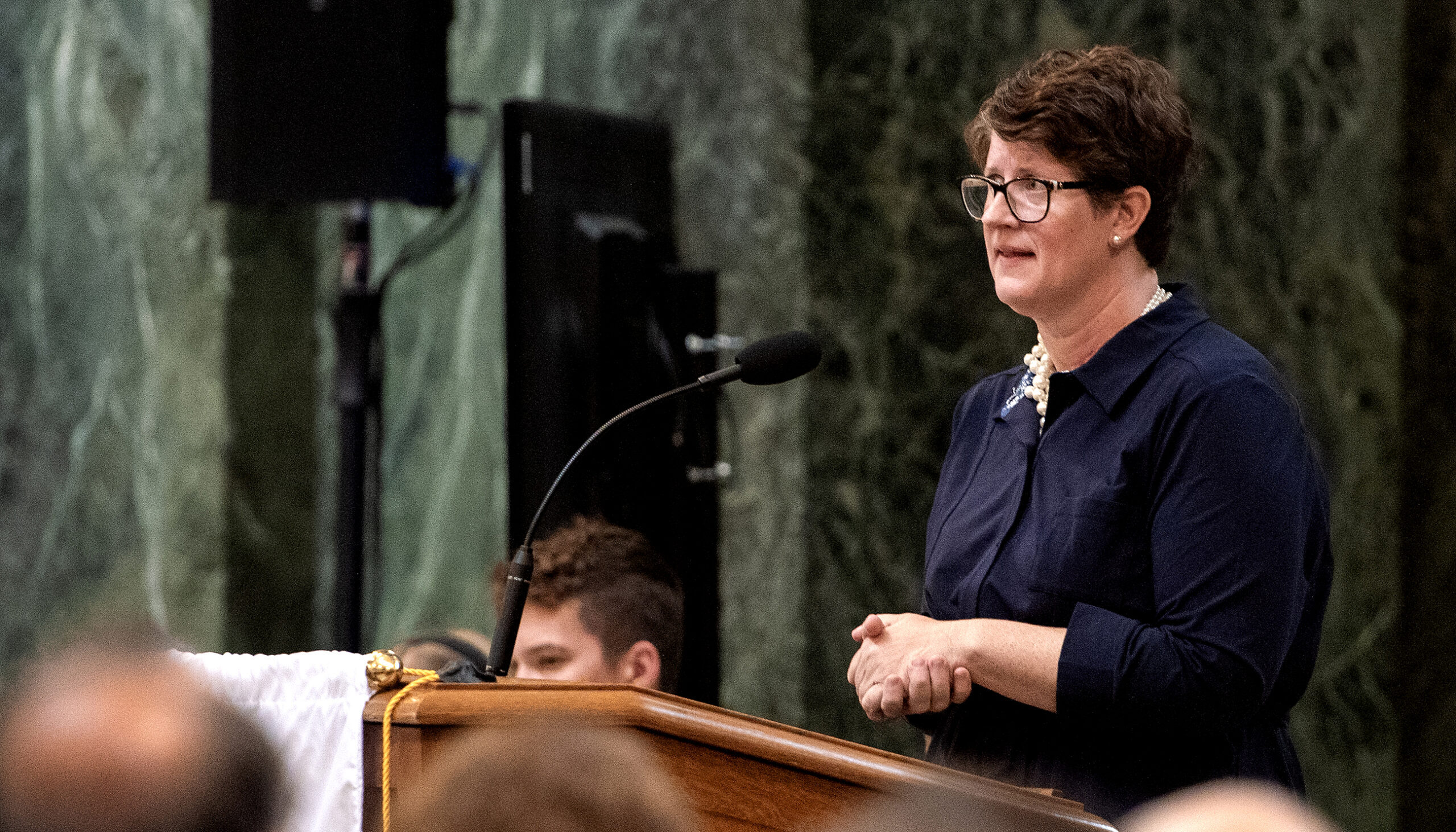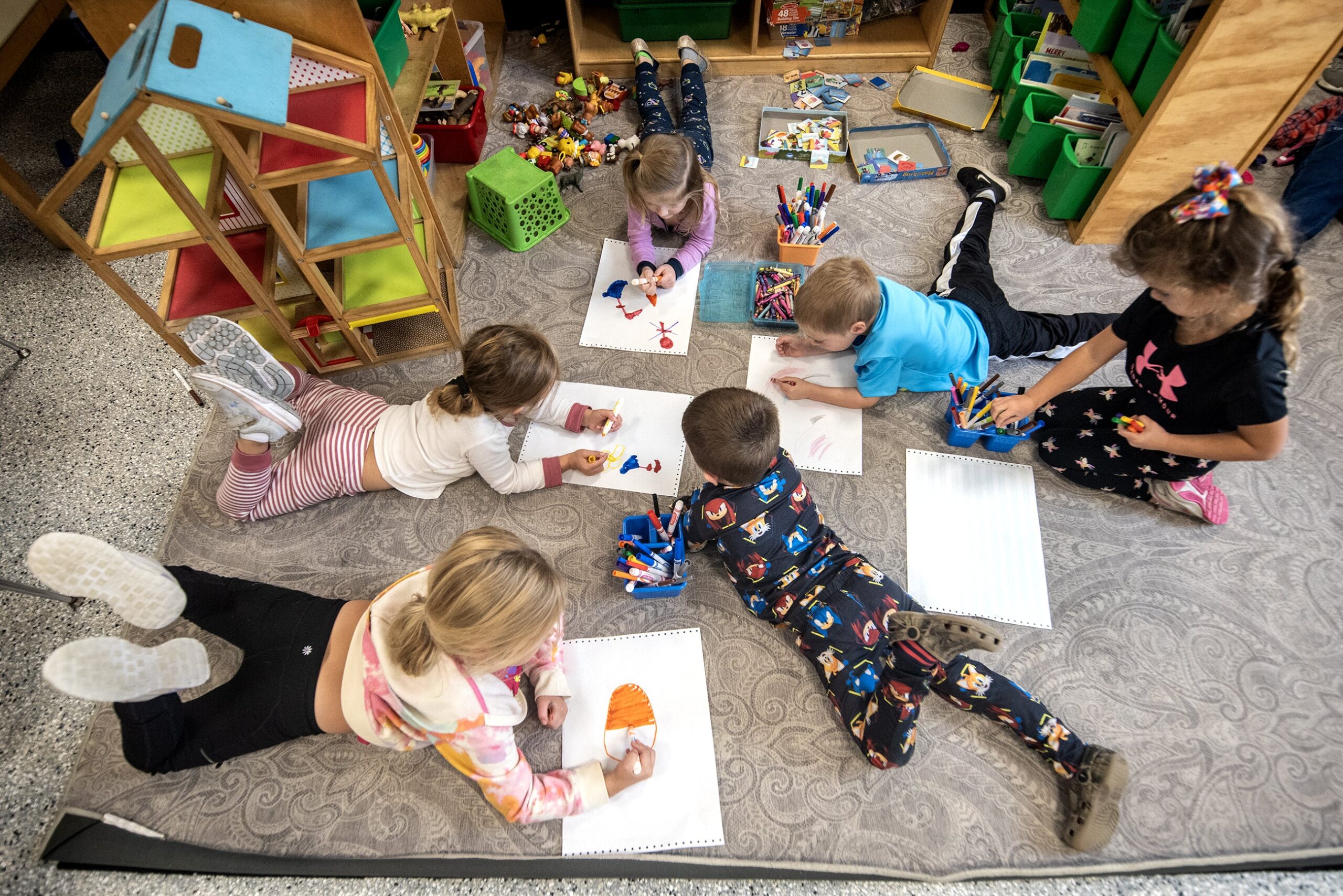Education scholars warn that a series of executive orders and policy positions taken by President Donald Trump and his administration are creating a sense of “chaos” in Wisconsin’s K-12 schools.
Since November, President Trump has repeatedly said he wants to dismantle the U.S. Department of Education. This comes amid a larger push to leverage the power of the federal government to promote a slew of policies by withholding funding for schools with vaccine or mask requirements or following a campaign promise in 2023 to cut federal funding to “any school pushing critical race theory, transgender insanity and other inappropriate racial, sexual or political content on our children.”
Linda McMahon, Trump’s nominee for secretary of education, told senators earlier this month that she wishes to “reorient” the department but that the White House would require Congress to close the department completely — walking back claims of dismantling the agency tasked with distributing billions of dollars to schools and colleges.
News with a little more humanity
WPR’s “Wisconsin Today” newsletter keeps you connected to the state you love without feeling overwhelmed. No paywall. No agenda. No corporate filter.
Jon Shelton is a professor and chair of Democracy and Justice Studies at the University of Wisconsin-Green Bay and is vice president of higher education with the Wisconsin chapter of the American Federation of Teachers. Shelton said the flurry of moves in federal education policy is pointing to a “cognitive dissonance” around the role the federal education department should have in America.
“On the one hand, you have the Trump administration passing an executive order tasking the Department of Education with effectively coming up with a plan … that calls for defunding schools that don’t abide by the Trump administration’s view of how everything from history to civics should be taught,” Shelton told WPR’s “Wisconsin Today.”
“But then at the same time, you have these calls to potentially eliminate the Department of Education,” Shelton continued. “So, it’s hard to know exactly what the plan is. Is the idea for the federal government to increasingly meddle in state and local control of school curriculum, or is it to kick everything back to the states?”
How eliminating the Department of Education could affect Wisconsin schools
Shelton said the most significant funding from the Department of Education relates to aid for students from low-income families and students with disabilities.
“I think the big issue here is that without the federal government being the point to make sure that these funds are routed, there’s less accountability and less assurances that this funding is going to go to the students who need it,” Shelton said.
Alan Borsuk is a senior fellow in law and public policy at Marquette Law School. Borsuk said that because these types of funding go to districts with a high number of students with disabilities or from low-income families, large cities like Milwaukee could be most affected by those changes in funding.
“As long as those two streams of funding continue, the impact on school districts in Wisconsin would be actually fairly small,” Borsuk argued. “Overall, federal funding accounts for 10 percent or less of school funding in Wisconsin and across the nation.”
Shelton said he is concerned that federal dollars could be used by the Trump administration to strongarm schools into complying with federal pushes on hot-button issues.
“It’s likely that much of this funding will continue to get to states like Wisconsin. But what is that going to look like?” Shelton asked. “Is it going to be taken away from districts that supposedly don’t teach the kind of ‘patriotic education’ that the Trump administration wants? Is there going to be any accountability in terms of making sure that resources go to the districts that are in most need? These are the things that we just don’t know enough about.”
Immigration remains top of mind for some Wisconsin schools
Borsuk said the schools he’s spoken with recently are worried about the potential for raids by U.S. Immigration and Customs Enforcement.
In January, the Department of Homeland Security released a statement announcing that it would reverse guidance that restricted arrests in “sensitive locations” like hospitals, places of worship and schools. Milwaukee Public School officials have since tried to reassure immigrant parents that their children are safe at school, according to WPR reporting.
“School people are scared. The parents are scared. The kids are scared,” Borsuk said.
“So far, nothing’s happened as far as breaking into schools or churches or anything around here,” Borsuk continued. “But you can’t just go to families and kids and say, ‘Don’t worry’ or ‘Don’t be scared.’ Because they are scared. And what’s going on with the Trump administration, they have reason to feel that way.”
Shelton said members of the Wisconsin chapter of the American Federation of Teachers are also grappling with the possibility of immigration raids.
“Right now, one of the things that’s happening at pretty much all of our local [chapters] is planning to figure out what happens if ICE comes to their school. How do we as teachers and other educators collectively advocate for our students and make sure that parents know when something like that happens?” Shelton said.
Wisconsin Public Radio, © Copyright 2025, Board of Regents of the University of Wisconsin System and Wisconsin Educational Communications Board.







